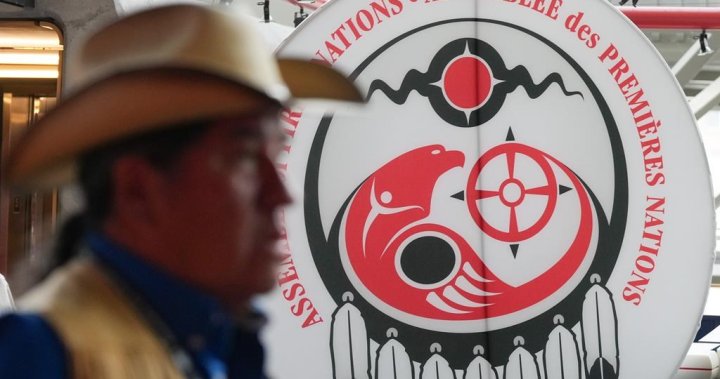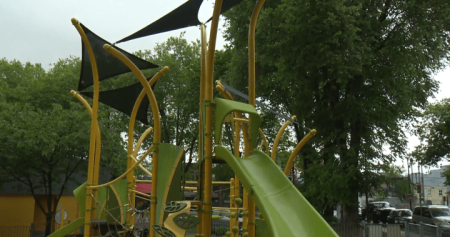First Nations chiefs are currently gathering in Calgary to vote on a $47.8-billion child welfare reform agreement with Ottawa. This historic deal was reached in July after a nearly two-decade legal battle over Canada’s underfunding of on-reserve child welfare services. The Canadian Human Rights Tribunal deemed this underfunding discriminatory and tasked Canada with reforming the system and compensating children who were taken from their families and placed in foster care.
Chiefs of Ontario recently voted in favor of the agreement, but the Assembly of First Nations is set to discuss three resolutions calling for the deal to be rejected or renegotiated. Concerns have been raised by chiefs about the agreement being negotiated in secret, and experts have voiced their opinion that the deal does not go far enough to prevent future discrimination by Canada. The special assembly of the Assembly of First Nations is expected to continue until Friday, with the official vote on the agreement scheduled for Thursday.
The agreement comes after years of advocacy by First Nations communities to address the injustices and systemic issues within Canada’s child welfare system. The $47.8-billion investment aims to provide necessary funding and support for on-reserve child welfare services, ensuring that Indigenous children are protected and cared for in culturally appropriate ways. The compensation for children who were wrongfully taken from their families also acknowledges the harms caused by previous discriminatory practices.
The potential rejection or renegotiation of the agreement by the Assembly of First Nations reflects the complex and varied perspectives within Indigenous communities about the deal. Some chiefs may feel that the agreement does not adequately address their concerns or does not provide sufficient guarantees to prevent future discrimination. The discussions and debates within the assembly highlight the importance of ensuring that the voices and needs of all First Nations communities are respected and considered in any agreements or reforms.
The outcome of the vote on the child welfare reform agreement will have significant implications for the future of Indigenous children and families in Canada. If the deal is approved, it will mark a major step towards addressing the historical injustices and systemic failures that have impacted Indigenous communities for generations. On the other hand, if the deal is rejected or renegotiated, it may signal the need for further dialogue and engagement to ensure that any reforms are truly comprehensive and effective in addressing the root causes of discrimination in the child welfare system.
Overall, the gathering of First Nations chiefs in Calgary represents a crucial moment in the ongoing efforts to achieve justice, equality, and respect for Indigenous rights in Canada. The decision on the child welfare reform agreement will shape the trajectory of Indigenous child welfare services and set the tone for future reconciliation efforts between First Nations communities and the Canadian government. It is a time of reflection, advocacy, and determination as Indigenous leaders come together to make a decision that will impact generations to come.















